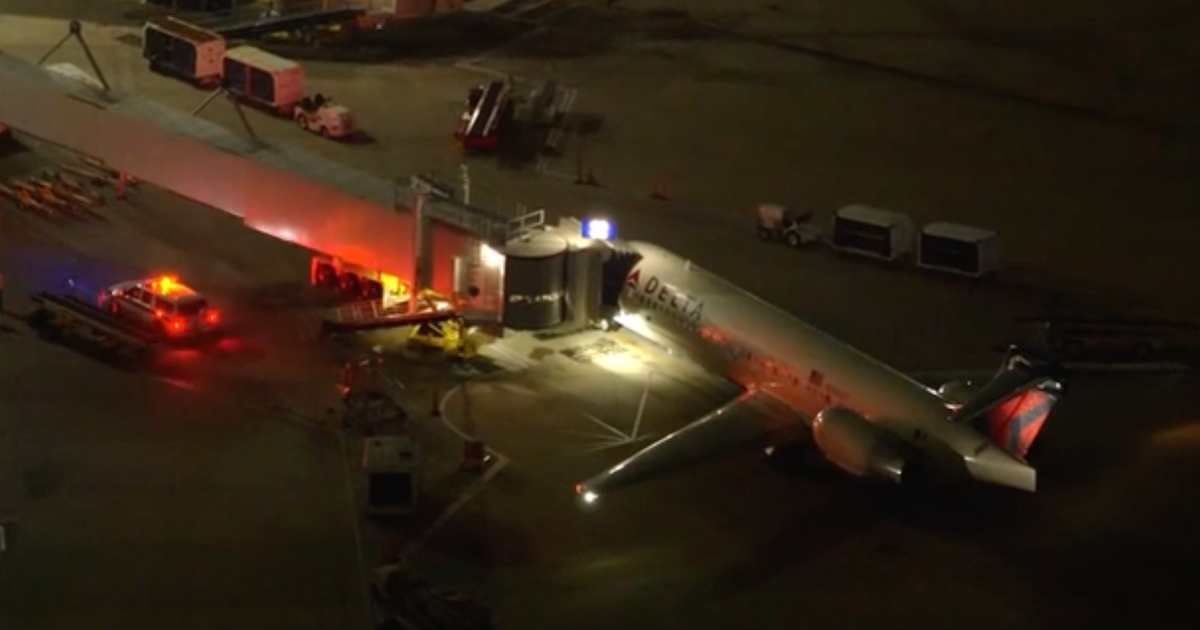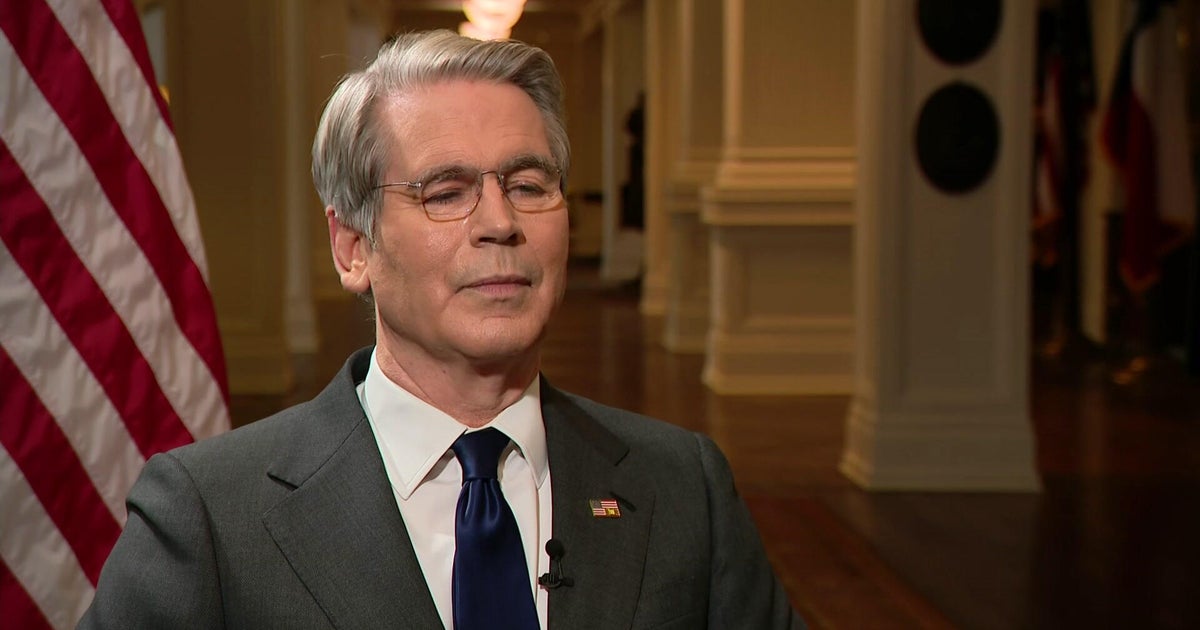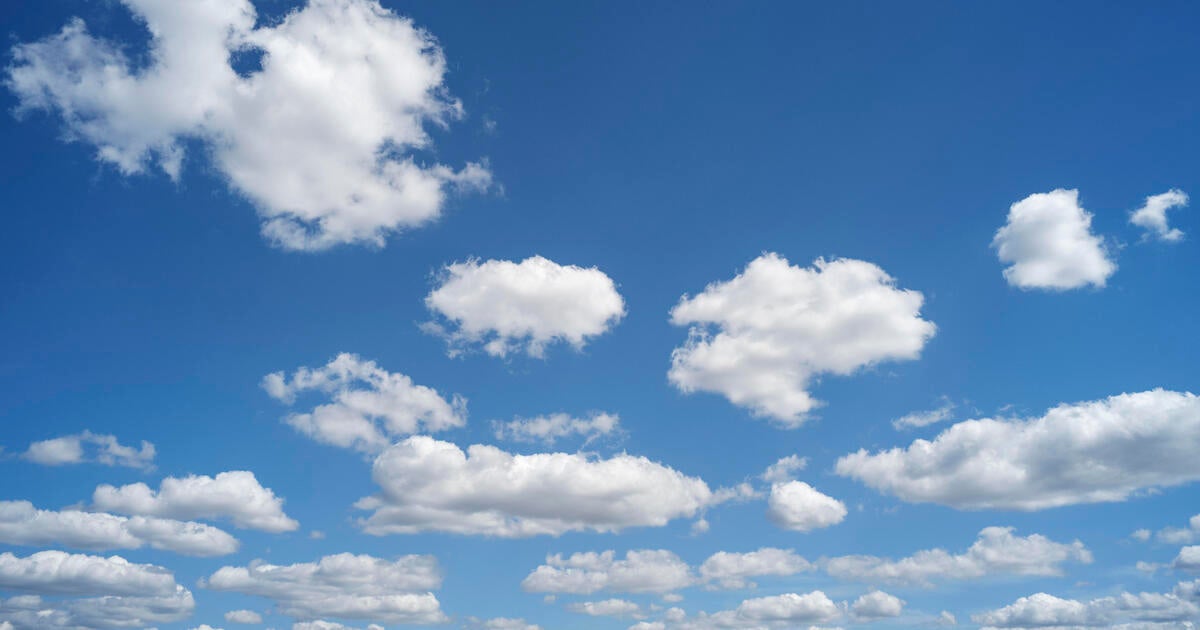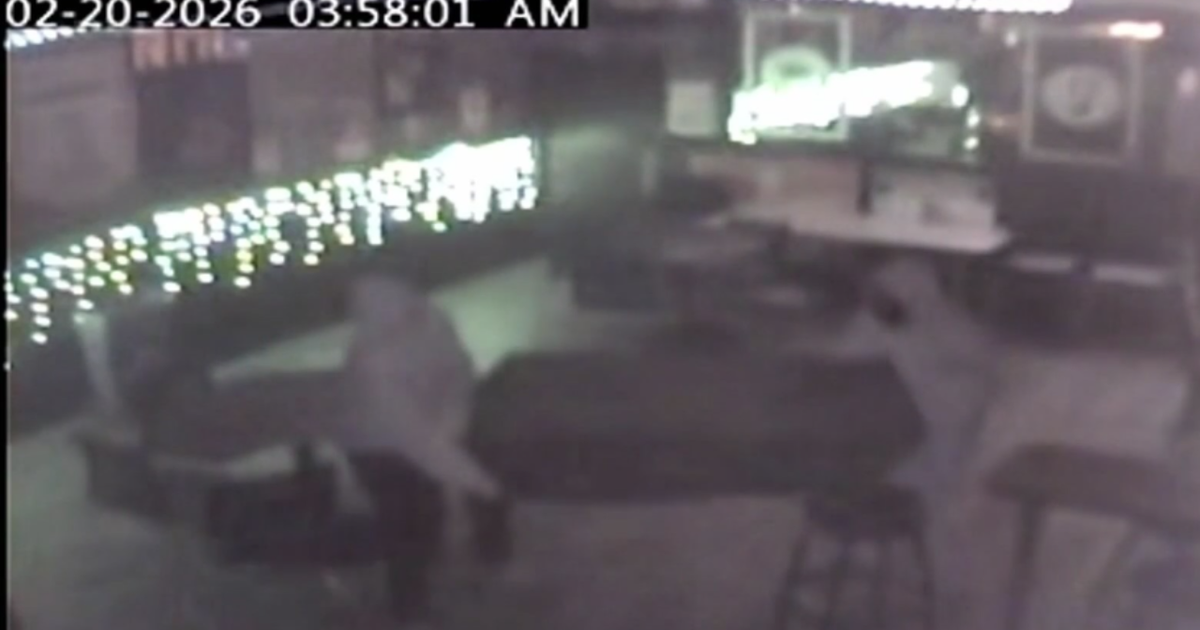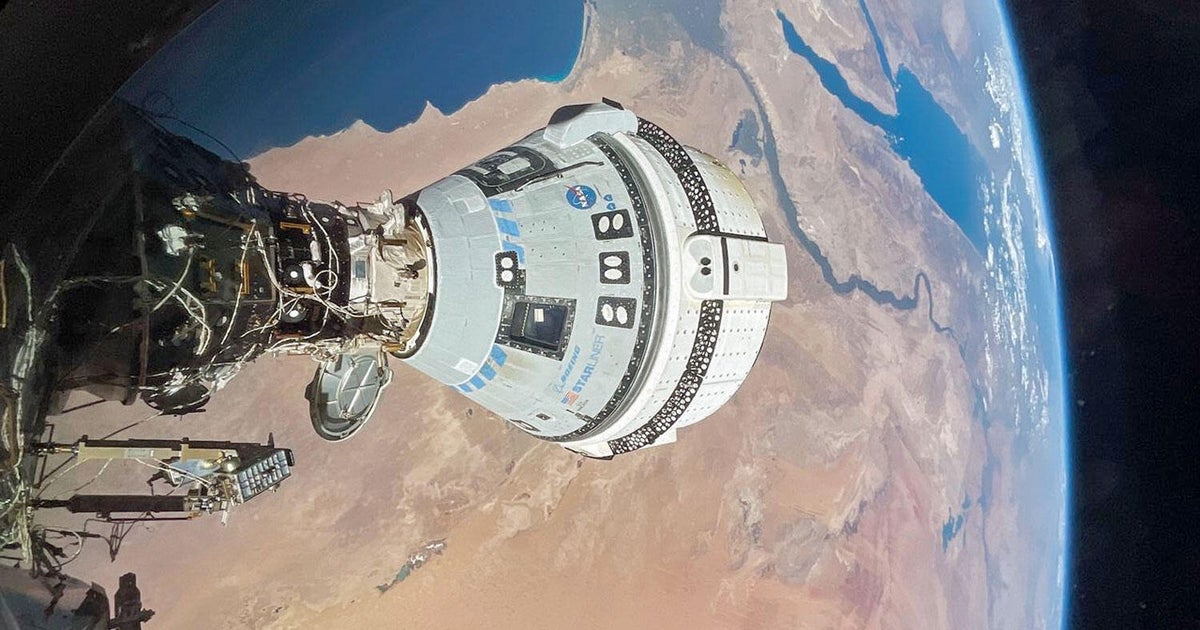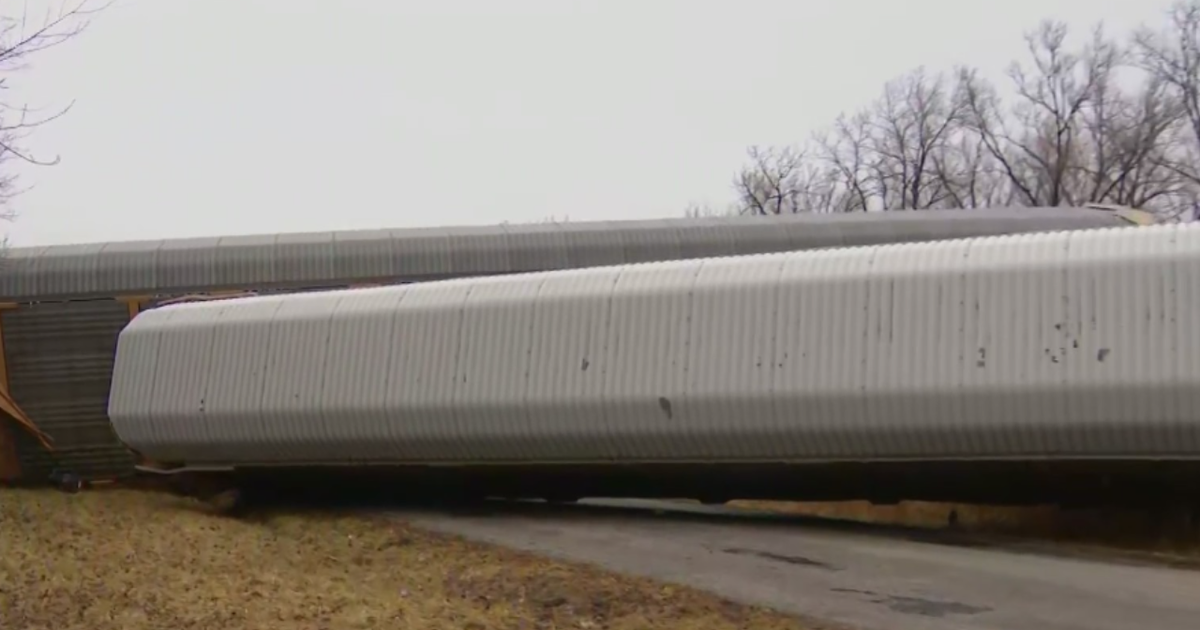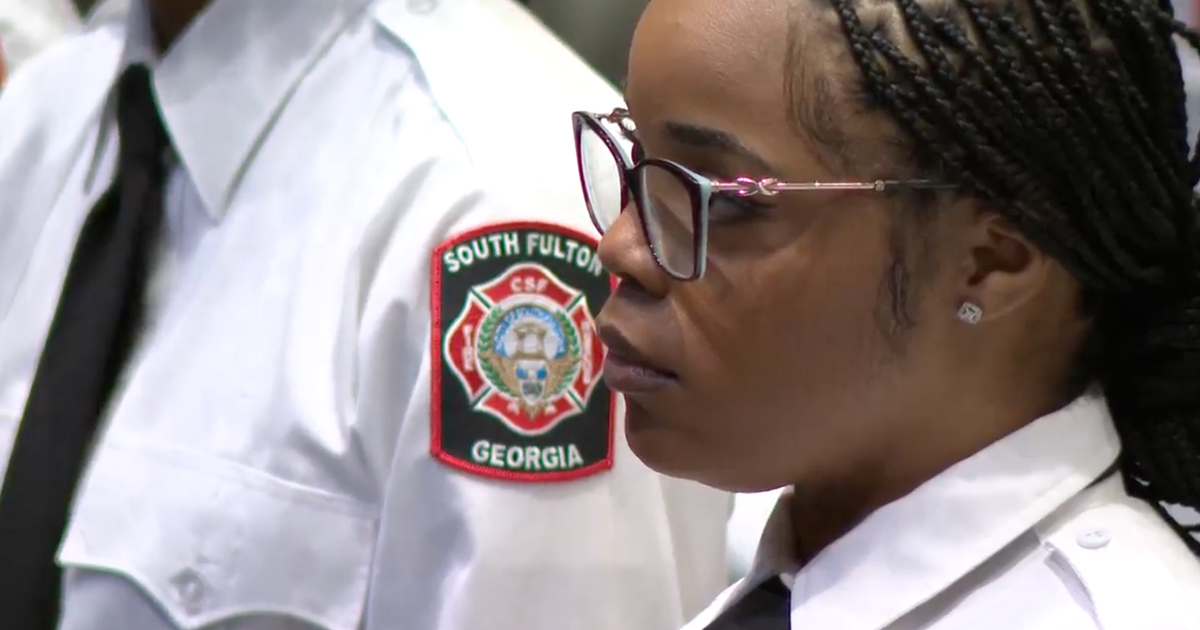First Reusable Space Rocket Lands Successfully, Revolutionizing Commercial Space Flight
SAN FRANCISCO (CBS SF) -- There was a giant leap for mankind Tuesday in the quest to make the dream of affordable commercial space flight a reality.
Blue Origin, the company owned by Amazon's Jeff Bezos, successfully landed a reusable rocket in the desert of West Texas.
Bezos tweeted news of the historic landing early Tuesday morning, saying "The rarest of beasts - a used rocket. Controlled landing not easy, but done right can look easy."
The rarest of beasts - a used rocket. Controlled landing not easy, but done right, can look easy. Check out video: https://t.co/9OypFoxZk3
— Jeff Bezos (@JeffBezos) November 24, 2015
Reusable rockets are crucial if the cost of commercial space flight is ever to come within reach. That's because the rocket is indispensable. It provides the initial thrust, and propels the spacecraft through the Earth's gravitation pull, into orbit. Until now, expendable launch systems with rockets designed to use only once have been the norm. The exorbitant cost of rebuilding a new rocket for every launch would drive the price for a seat on a commercial space flight out of this world. Until now.
New Shepard, the reusable launch system deployed by Blue Origin Tuesday, propelled the crew capsule to an altitude of 329,839 feet before detaching. A YouTube video shows computer animated occupants inside experiencing weightlessness and the thrill of seeing Earth miles and miles from space.
Moments later, the capsule reenters the atmosphere and falls safely back to Earth with the help of a series of parachutes. The rocket booster soon follows, its engines reigniting to slow it down to 4 m.p.h., for a controlled, vertical descent. According to the press release, New Shepard -- named for astronaut Sam Shepard -- landed just a few feet from the center of its landing pad. Mission accomplished.
"Full reuse is a game changer," wrote Bezos. "We can't wait to fuel up and fly again."
WATCH NEW SHEPARD LAUNCH
Tesla CEO Elon Musk's company, Space X has made numerous unsuccessful attempts to precision soft-land its reusable rocket, Falcon 9. Each time the rocket was unrecoverable. Musk seems undaunted, and fully committed to try again.
"If one can figure out how to effectively reuse rockets just like airplanes, the cost of access to space will be reduced by as much as a factor of a hundred," writes Musk on the SpaceX website. "A fully reusable vehicle has never been done before. That really is the fundamental breakthrough needed to revolutionize access to space."
Blue Origin's successful landing Tuesday is that revolutionary "breakthrough." And, while there has been much talk of competition between these tech titans, that race was not at all apparent in the sportsmanlike Tweet the Musk sent Bezos, congratulating him and Blue Origin team for a successful landing.
Congrats to Jeff Bezos and the BO team for achieving VTOL on their booster
— Elon Musk (@elonmusk) November 24, 2015
//platform.twitter.com/widgets.js
Instead of mimicking the space race between America and the Soviets during the Cold War, perhaps the orbital arc of commercial spaceflight will look more like the multinational spirit of cooperation witnessed aboard the International Space Station -- a spirit of peace, evolution, in the name of progress for all.
CBSSF.com writer, producer Jan Mabry is also executive producer and host of The Bronze Report. She lives in Northern California. Follow her on Twitter @janmabr.
